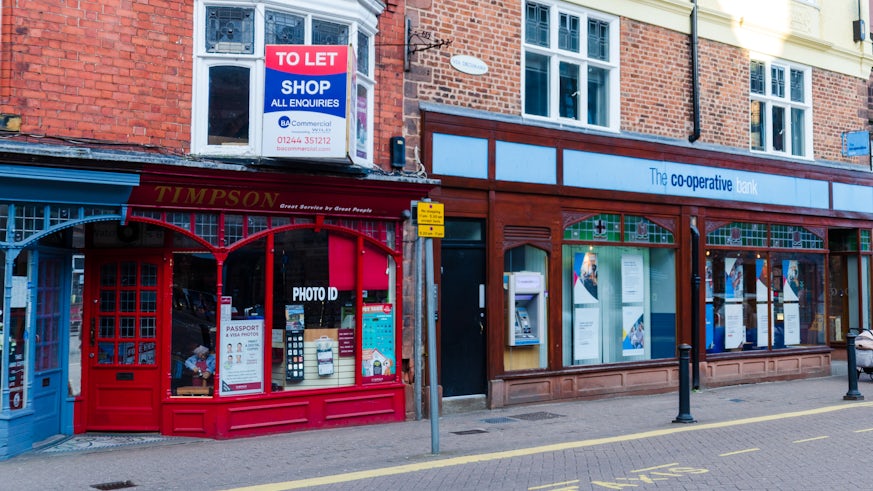Timpson’s COVID challenge
14 July 2020

The Chief Executive of Timpson, the UK’s leading retail service provider, has shared a unique insight into the obstacles and opportunities presented by the coronavirus (COVID-19) pandemic at the latest session in Cardiff Business School’s Breakfast Briefing Series.
In a virtual interview with Dr Deborah Hann, Senior Lecturer in Employment Relations at Cardiff Business School, James Timpson OBE got proceedings underway by describing the ethos behind the organisation.
“We’re a family business,” he said. “There are four and a half to five thousand colleagues who are part of our family and we treat them as such.”
One of the hallmarks of Timpson is their so-called upside-down management style.
“You might say that we’re quite an unusual company in the way that we run it. But we just try to keep things simple. It’s essentially a culture of trust and kindness,” explained James.
It’s an ethos that, according to James, has led the organisation to find so many amazing colleagues, including 10% who have joined after release from prison through the Timpson Foundation.
“We just had to make it up”
Having established a clear picture of the culture within Timpson, Dr Hann asked James to elaborate on the ways in which the coronavirus (COVID-19) pandemic has affected the organisation.
While the services they provide, including hardware, key-cutting, dry cleaning and laundry were deemed as essential services, James explained that the organisation just wasn’t ready to trade under the new restrictions yet.
“So, we closed all of our shops and everybody went home,” he said.
“And the problem we found was that we’d never been through this before. We didn’t know what to do. There weren’t textbooks or academics who’d researched this which we could learn from or speak to. So, we just had to make it up as we went along.”
And yet, as James explained, every business was affected in different ways with travel and hospitality being among the worst hit sectors.
Nevertheless, as a high margin and high cost business, cashflow and sales went through the floor. While on the other hand, Timpson’s locksmiths continued, as did their online photo business which performed very well during lockdown.
Gradually though, Timpson began to open their stores once more.
“Being a retailer, you normally go into it first and come out of it first,” James said.
“We started opening up a few shops learning how personal protective equipment works and how colleagues and customers would behave. And since then sales are slowly climbing back up.”
Doomsday scenario
Before accepting questions from attendees, Dr Hann asked James to describe the organisation’s plans for a possible second wave of lockdown restrictions.
“I like to run the business in quite a conservative way,” James said. “With cash in the bank, no debt and the ability to make decisions on our terms.”
However, like many other businesses, Timpson’s have had to take on a significant banking facility and have forecasted with enough headroom for a double and even triple ‘doomsday scenario’.
Dr Hann brought proceedings to a close following a question and answer session on leadership, team ethos, staff retention, motivation, online retail markets, re-opening, new normal, social value and the future of the High Street.
Cardiff Business School's Breakfast Briefing Series is a network of events which enables business contacts to find out more about the latest research and key developments from industrial partners.
Following lockdown measures, implemented by Welsh Government in response to the COVID-19 pandemic, the School’s Executive Education Team has moved the series online.
If you were unable to attend, watch this recording of the event.
Share this story
Enabling our business contacts to find out more about latest business research and key developments from industry partners and practitioners.


